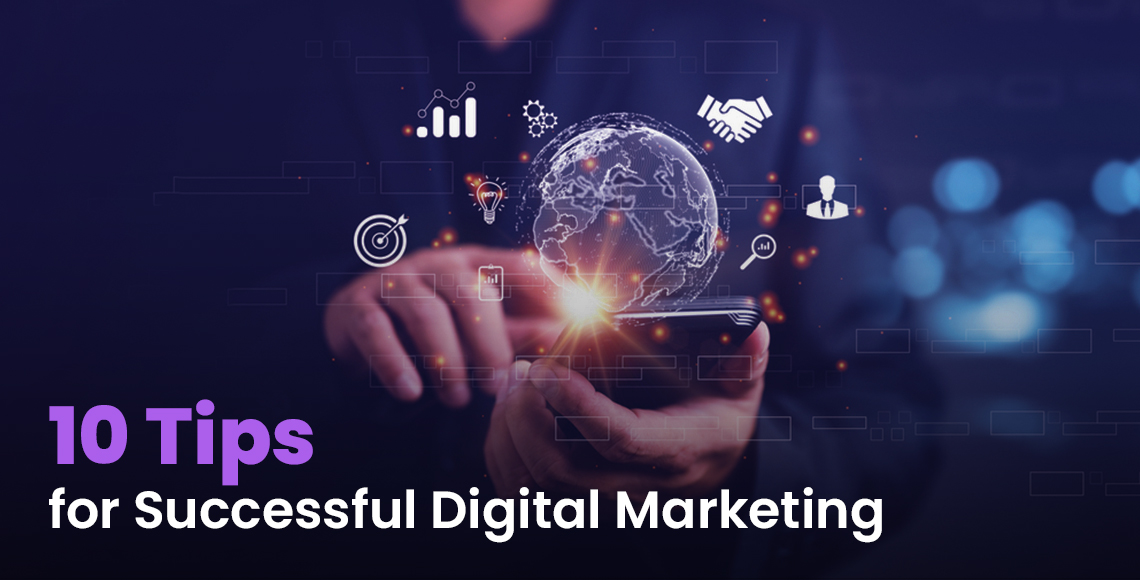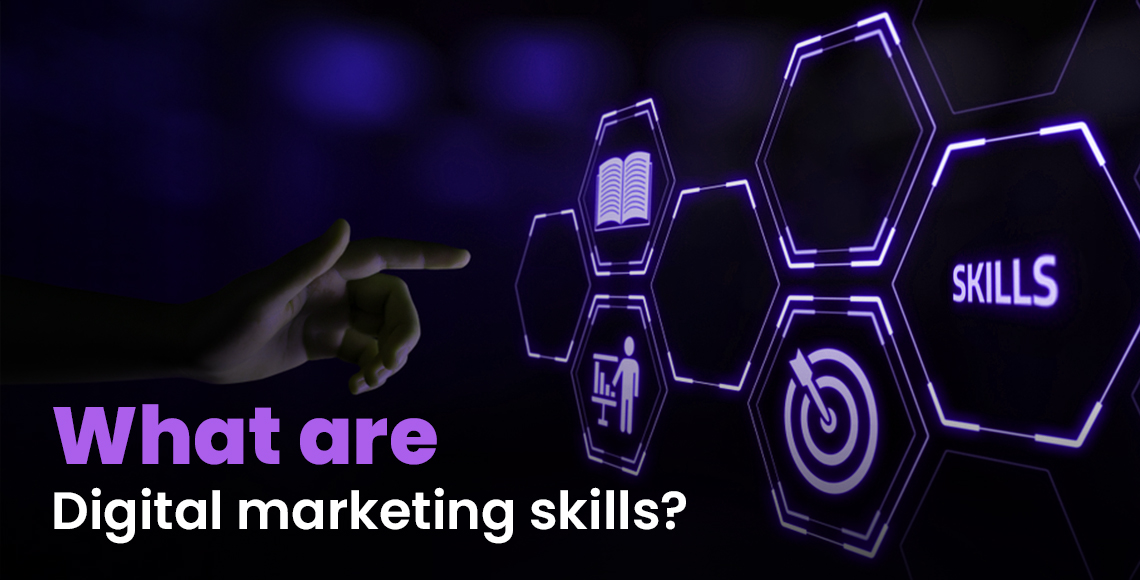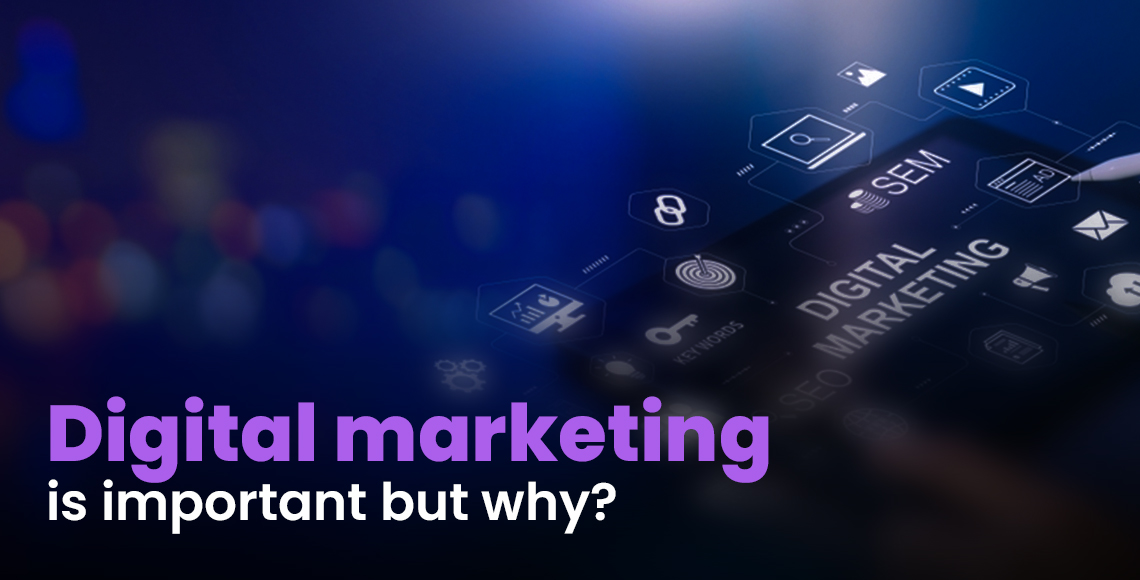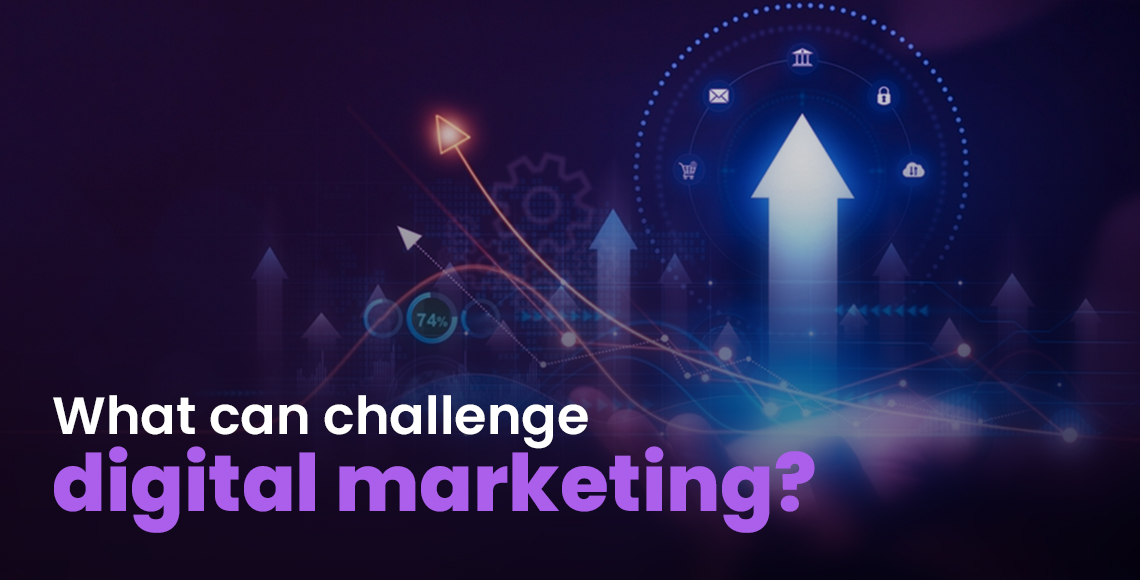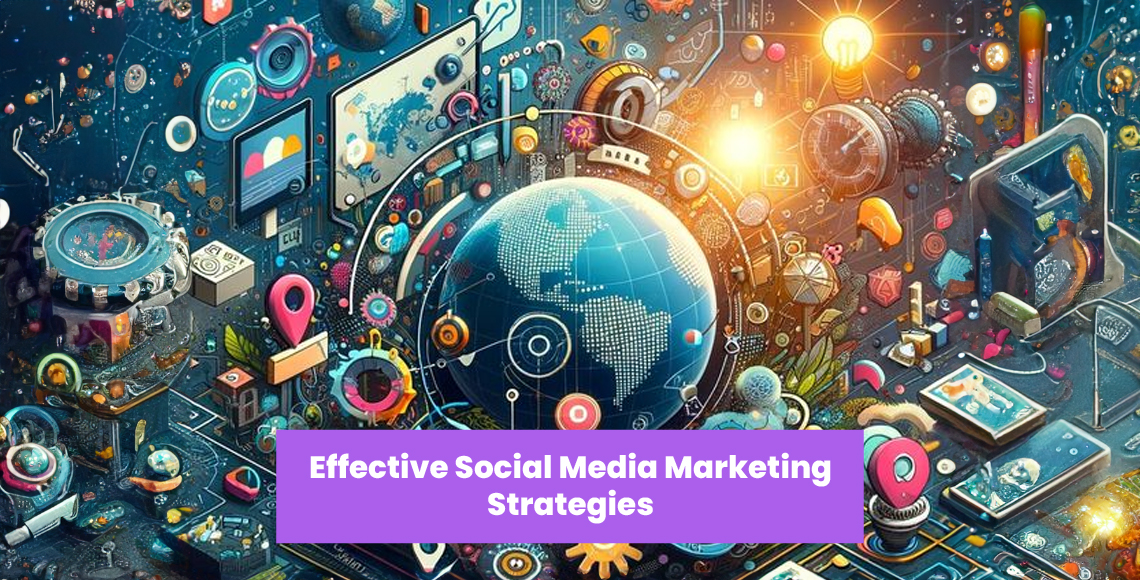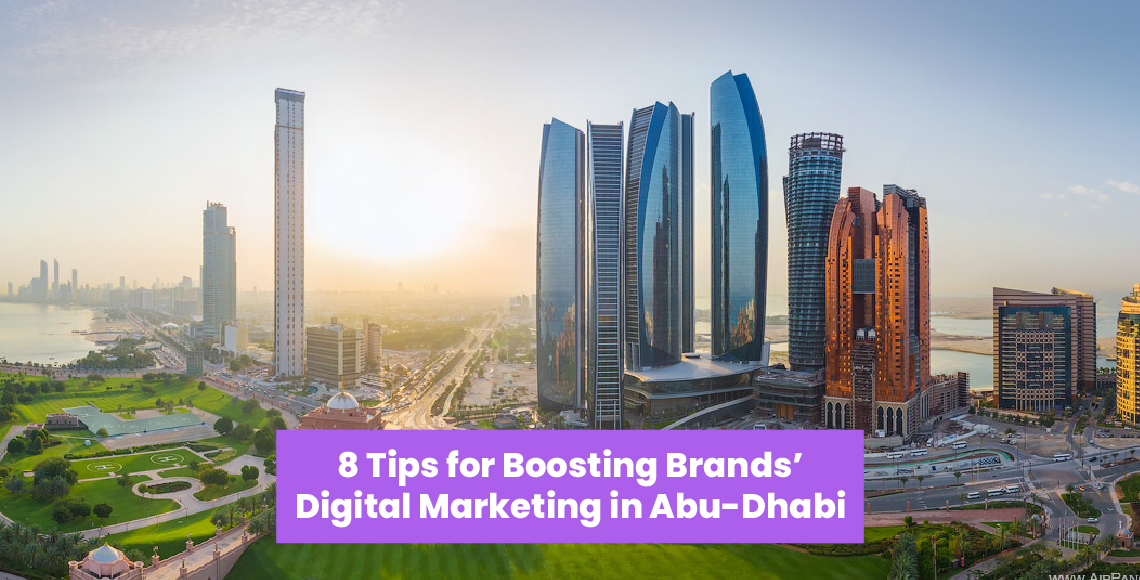Digital marketing has become an essential part of modern-day business operations, as it provides a powerful way to reach and engage with customers in today’s digital age.
We will discuss through the coming lines what’s digital marketing. How to use it? And some facts about it.
Digital marketing and business
Digital marketing refers to the practice of promoting and selling products or services using digital channels such as the internet, social media, search engines, mobile devices, and other digital media.
Digital marketing involves various strategies and techniques such as search engine optimization (SEO), social media marketing, content marketing, email marketing, mobile marketing, and online advertising.
How can we use digital marketing?
Businesses can reach a large population using digital marketing at a lower cost than conventional marketing methods. It also enables companies to monitor and evaluate the effectiveness of their marketing efforts in real-time. This allows businesses to adjust their strategies and tactics as needed to optimize their results.
The pillars of digital marketing
Digital marketing has 6 pillars which are the fundamental areas that businesses need to focus on to build a successful digital marketing strategy.
Businesses can develop a comprehensive digital marketing plan that drives outcomes and helps them accomplish their goals by concentrating on these six pillars.
These pillars are:
Content marketing
Creating and sharing useful, relevant, and consistent material to draw and keep a clearly defined community.
Search engine optimization (SEO)
Improving your website’s visibility and position in search engine results pages (SERPs) through optimization.
Social media marketing
Using social media channels to increase company recognition, engage customers, and direct traffic to your website.
Pay-per-click (PPC) advertising
Paying to display your ads on search engines and social media platforms to drive traffic to your website and generate leads.
Email marketing
Using email campaigns to nurture leads and keep your audience informed about your latest products or services.
Analytics and measurement
Monitoring your website’s performance and tracking your marketing campaigns’ effectiveness to optimize your strategy and improve your return on investment (ROI).
Read also: 7 Digital Marketing Hacks for Local Business Success
What are Digital marketing skills?
Digital marketing skills are essential for any marketer, and the ability to continuously learn and adapt to new trends and technologies is critical to staying ahead in this fast-paced field.
Digital marketing necessitates a wide range of skills, including:
Content creation
The ability to produce high-quality written and visual content, including blog posts, social media posts, videos, and images.
SEO
It’s about optimizing website content for search engines to improve visibility and ranking in search results.
Paid advertising
The ability to create and manage effective pay-per-click (PPC) campaigns on platforms like Google Ads and social media channels.
Social media marketing
To create and execute social media campaigns across various platforms like Facebook, Twitter, Instagram, LinkedIn, and others.
Email marketing
Creating effective email marketing campaigns that engage and nurture leads.
Analytics
The ability to use analytics tools to measure and analyze website traffic, campaign performance, and user behavior.
Copywriting
It’s about creating compelling and persuasive ad copy, landing pages, and other marketing materials.
Graphic design
The ability to create eye-catching visuals, such as infographics and social media graphics, that engage and inform audiences.
Video production
To produce engaging video content for use on social media, websites, and other digital channels.
Project management
The ability to manage projects and campaigns, including planning, execution, and monitoring and tracking results.
10 Tips for Successful Digital Marketing
Know your audience
Before you start any digital marketing campaign, it is important to understand your target audience. By understanding their needs, preferences, and behavior, you can create more effective campaigns that resonate with them.
Set clear goals
It is important to have clear goals for your digital marketing campaigns, such as increasing website traffic, generating leads, or increasing sales. These goals will help you measure your success and make informed decisions about future campaigns.
Create quality content
High-quality content is essential for successful digital marketing. Make sure your content is relevant, engaging, and informative to your audience.
Optimize for search engines
Search engine optimization (SEO) is essential for generating organic traffic to your website. Make sure your website is optimized for relevant keywords and has high-quality backlinks.
Leverage social media
Social media can be a powerful tool for engaging with your audience and promoting your brand. Identify the social media platforms your target audience uses most and create a strong presence on those platforms.
Use email marketing
Email marketing is a low-cost method to reach out to your target group and promote your products or services. Make your emails personalized and pertinent to your target group.
Use video marketing
Video marketing is an effective way to engage with your audience and promote your brand. Create high-quality videos that tell a story and showcase your products or services.
Monitor and analyze your results
Regularly watch and analyze the outcomes of your digital marketing efforts. Use this data to make informed decisions about future campaigns and improve your results.
Test and optimize
Continuously test and optimize your marketing strategies to improve their effectiveness and increase your return on investment.
Stay up-to-date with industry trends
Keep up-to-date with the latest digital marketing trends and best practices to stay ahead of your competition.
Measure your ROI
Measure your return on investment (ROI) to determine the effectiveness of your digital marketing efforts and adjust your strategy as needed.
Read also: 10 Benefits of Hiring a Professional Digital Marketing Agency in Egypt
Digital marketing is important but why?
Digital marketing is important for several reasons:
- It’s cost-effective: Digital marketing is often more cost effective than traditional marketing methods like print or television ads. This makes it an excellent choice for tiny companies or those on a low budget.
- It allows for targeted marketing: Digital marketing allows businesses to target specific demographics, interests, and behaviors, ensuring that their marketing messages are reaching the right people at the right time.
- It’s measurable: With digital marketing, businesses can track and measure the effectiveness of their campaigns in real time. This means they can adjust their strategies as needed to optimize their results.
- It’s interactive: Digital marketing allows businesses to engage with their audience through social media, chatbots, and other interactive tools. This helps to build brand loyalty and increase customer engagement.
- It’s adaptable: Digital marketing allows businesses to adapt to changing trends and customer behavior quickly. This means they can adjust their strategies and tactics as needed to stay ahead of their competition.
What can challenge digital marketing?
Digital marketing has some challenges that require businesses to stay vigilant and adaptable, constantly refining their strategies and tactics to overcome obstacles and achieve their goals in the digital marketing space.
Digital marketing presents several challenges for businesses, including:
- Increased competition: As more businesses move online, the competition for customers’ attention and engagement is more intense than ever. Therefore businesses need to work harder to stand out from the crowd and differentiate themselves from their competitors.
- Constantly changing trends and technologies: Digital marketing is a fast-paced industry, with new trends and technologies emerging all the time. This means businesses need to be able to adapt quickly to stay ahead of their competition.
- Keeping up with algorithm changes: Search engines and social media platforms often change their algorithms, which can impact the visibility and reach of businesses’ marketing messages. So, businesses need to stay up-to-date with these changes and adjust their strategies accordingly.
- Measuring ROI: While digital marketing offers powerful tools for measuring the effectiveness of campaigns, it can be challenging to accurately measure ROI, especially for campaigns that involve multiple channels or touchpoints.
- Ad blockers: Many consumers use ad blockers to avoid seeing digital ads, which can impact the effectiveness of businesses’ advertising campaigns.
- Data privacy concerns: With increased attention to data privacy and security, businesses need to ensure that they are collecting and using customer data transparently and ethically to avoid damaging their reputation.
So, digital marketing is indispensable. Therefore, each business should be aware of that to succeed, as it has become a necessary part of any project.
It allows businesses to reach a wider audience: With digital marketing, businesses can reach a global audience, regardless of their physical location. This means they can attract customers from different countries and regions, helping to increase their customer base.
Don’t wait another day to start seeing real results from your marketing efforts. Contact Royal Vision Media Advertising Agency today to learn more about how we can help you take your business to the next level!






